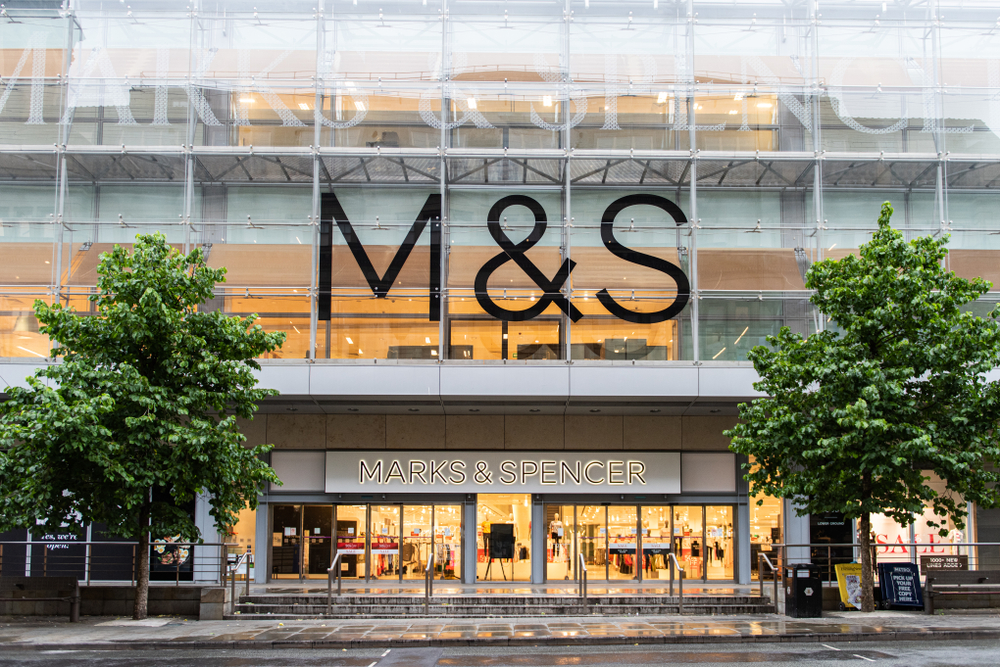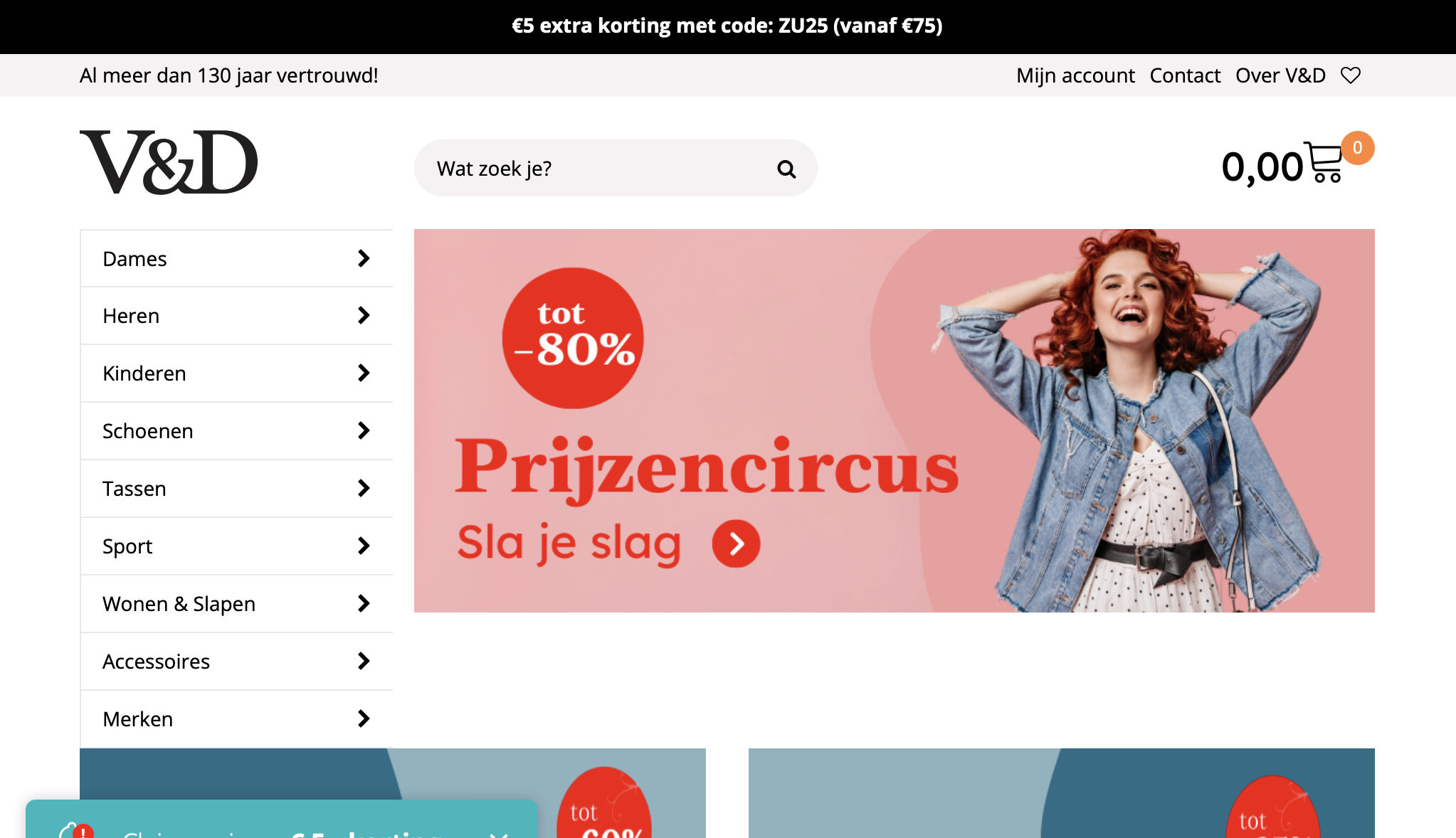Italy is trying to solve the sharing economy riddle and it’s going to be a long, meandering guessing game, writes Adamo Dagradi, head of communications and social media at Milkman Deliveries, the Milan and Verona based delivery and last mile specialist.

Adamo Dagradi, Milkman Deliveries
Ignoring this highly disruptive model is not an option, but correctly positioning it among the labyrinthine Italian bureaucracy and its multi-layered, almost nonsensical legal system, will soon become a nightmare.
The problem is that a hyper-regulated sharing economy is going to be at risk of being robbed of its very own innovative power. On the other hand, an unregulated sharing economy may well become a virtual earthquake… yes, you will build anew upon the rubble, but what about the victims?
Last week a group of Italian politicians came up with some proposals for laws that would start to bring the sharing economy into some kind of control.
The main points are as follows:
- Those who work in the sharing economy cannot earn more than €10,000 per year, with very low taxes (10%). If they earn more, they’re faced with two options. They’ll need to be covered by an employment contract, or they’ll be charged up to 40% in taxes on earnings in excess of €10,000.
- No cash can be exchanged in sharing economy deals.
- Any firm that wants to operate in the sharing economy sector will have to compile a document that has to be approved by a board. This board will decide if the firm is eligible to be included in an official “sharing economy providers” roster.
- Any platform that provides sharing economy deals cannot monitor its operators nor impose fixed tariffs for the use of the provided services.
Then there’s the “fair competition” law, the one that has wrestled UberPop to the ground; that service, since last June, is illegal in Italy. Only four cities – Florence, Genoa, Milan and Rome – have an authorised UberBlack service plus some Uber-carpooling initiatives that serve fixed routes, much like buses.
The idea of implementing an UberDelivery system is also going to collide with State Laws in Italy; when it comes to transporting parcels, if you’re paid to do it, you need a license. If you don’t have one you have to move on foot, bicycle, scooter or quadbike with a scooter engine (with an unladen weight of no more than 550 kg without battery, if electric).
All these technicalities, and the fact that Italians are naturally over-suspicious about novelties, have made it hard for transport & logistics startups who want to benefit from the sharing economy boom that’s happening in other EU countries.
Here’s a list of some of those who are faring a little better than the others (but be advised, some of these are still very embryonic services):
Zego: operating in Milan, Turin, Genoa and Padua. A smart way to avoid the laws that stopped Uber (you cannot fault Italians over their creativity when it comes to circumnavigate rules…): it’s a carpooling service that differs from taxis because you have to specify a starting and an arrival point (this way the driver who picks you up may say that he was travelling that road anyway); you can pay online and Zego will keep part of the fee and then give what remains to the driver; there’s no fixed tariff, instead you get a “recommended refund”.
Getstrappo does pretty much the same thing in the city of Viareggio.
Goocar and Zemove are services that let users rent their cars to other users, the first appears to be in stealth mode and the second uses only electric cars and only in the township of Lecce.
Viaggiainsieme, Roadsharing, Flootta, Drivebook, Carpooling, Autoincomune and Autostrade Carpooling: are more straightforward carpooling options, all derived from the internationally successful BlaBlaCar.
iCarry offers in-town parcel delivery and has just started operations: you post your order (from, to, weight, dimensions) and get a list of operators who are willing to transport the parcel (their fee, photo, bio and feedback). Here in Verona it appears we have 13 operators. I tried to make a test delivery for a very short route (fee was €3.50) but the guy responded hours after the deadline, writing that he wasn’t available.
TocTocBox does the same but seems to work on a wider scale (from city to city). The problem is they shouldn’t carry parcels on cars or vans without a transport license. Payment on cash (also another problem).
Takemythings is pretty much the same, with emphasis on commuting workers or students bringing “forgotten” objects to their legitimate owners.
Asapp, again, the same, but only for those who commute on trains (so no law is broken).
Supermercato24 brings you groceries and fresh produce by having operators shop for you in local supermarkets. Right now is the most successful Italian sharing economy startup.
PonyU offers crowdsourced deliveries by bicycle.
The major issue with some of these services is that unmonitored operators are not obligated to provide the service (and by law they won’t be in the future either), and there’s no way to know if a service provider is active or on a break. So waiting times, uncertainty and the number of unanswered offers are still quite excruciating for those who want to send stuff or get a ride.
It’s the very beginning of a long, treacherous road.








